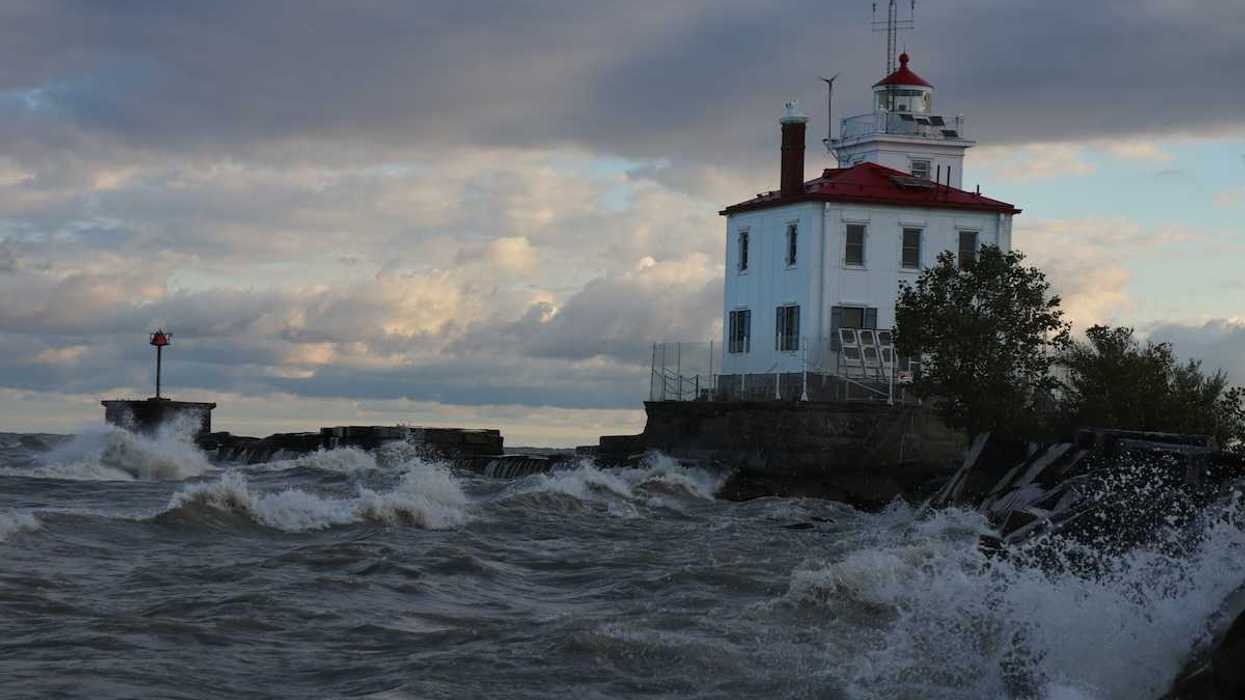Thousands of New Zealanders, including Māori activists, marched against proposed legislation that could weaken Indigenous rights and environmental protections.
Anita Hofschneider reports for Grist.
In short:
- Tens of thousands participated in a nine-day protest to oppose a bill that would reinterpret the Treaty of Waitangi, potentially limiting Māori participation in governance.
- Critics argue the measure undermines Māori environmental stewardship, which is vital for addressing climate change and preserving biodiversity.
- The protests are part of a broader resistance to recent government actions that rolled back Māori health initiatives and environmental protections.
Key quote:
“This is about the protection of all that we hold dear. Indigenous rights have been one of the strongest roadblocks to corporate exploitation.”
— Tina Ngata, Māori activist
Why this matters:
The weakening of Indigenous rights threatens efforts to address environmental crises, as Māori philosophies play a critical role in sustainable governance. The protests also highlight global tensions between economic development and the preservation of Indigenous sovereignty and natural resources.
Related:














